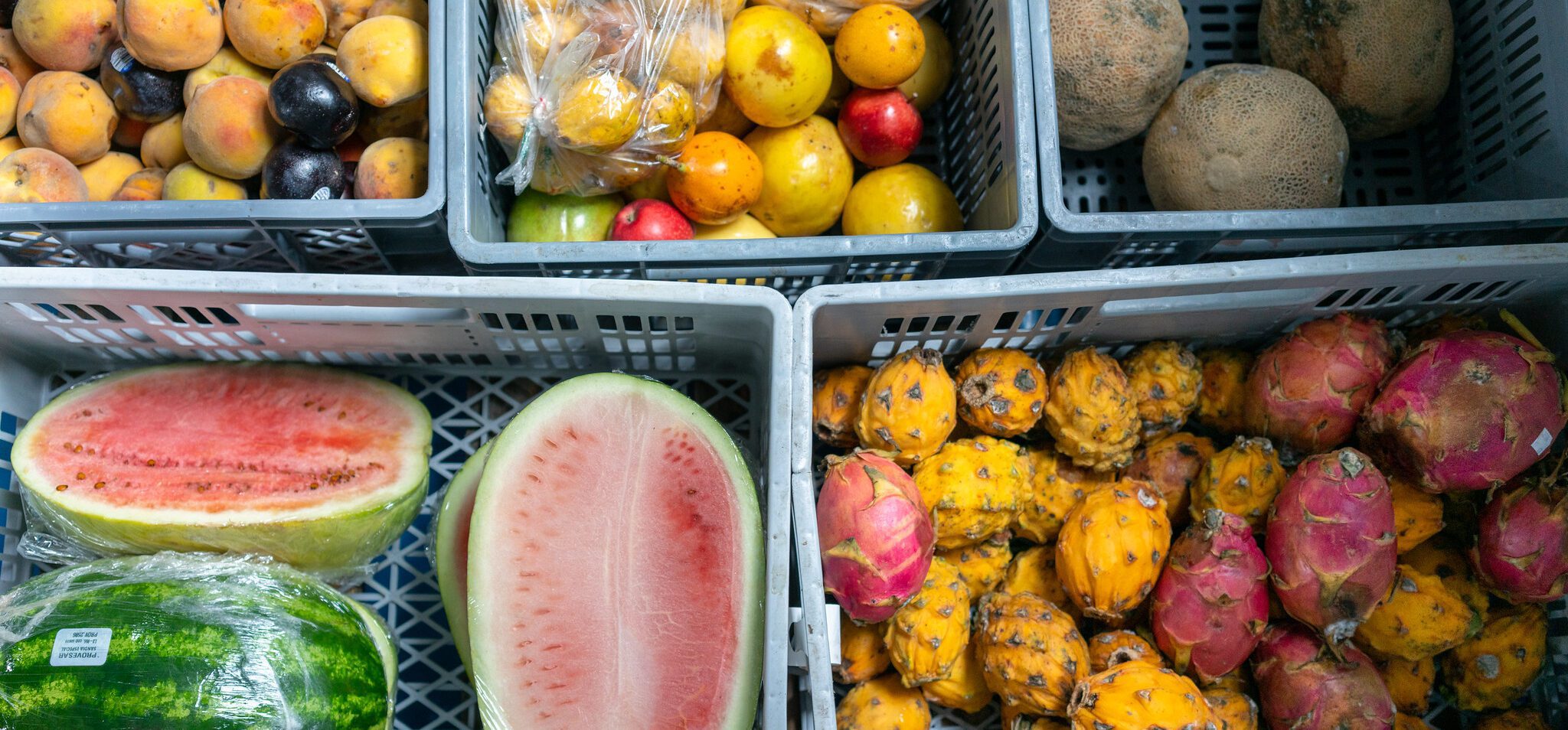
A new methodology helps food banks prove their role in cutting food waste and reducing methane emissions.
Up to 10 percent of global greenhouse gas emissions come from food that goes to waste. And when food decomposes, it creates methane, a greenhouse gas that traps more than 80 times more heat than carbon dioxide over the first 20 years.
Food recovery and redistribution—which is the expertise of food banks across the world—is the quickest, simplest, and most affordable way to reduce methane emissions.
In 2023, through a significant investment from the Global Methane Hub, GFN started building a methodology to quantify and track, in real time, the methane emissions prevented via food recovery by food banks in the Network, which spans 63 organizations in 53 countries. Developed with the Carbon Trust, this is the first methodology for methane using the existing Microsoft Sustainability Manager tool.
With its pilot phase complete, the Food Recovery to Avoid Methane Emissions (FRAME) methodology:

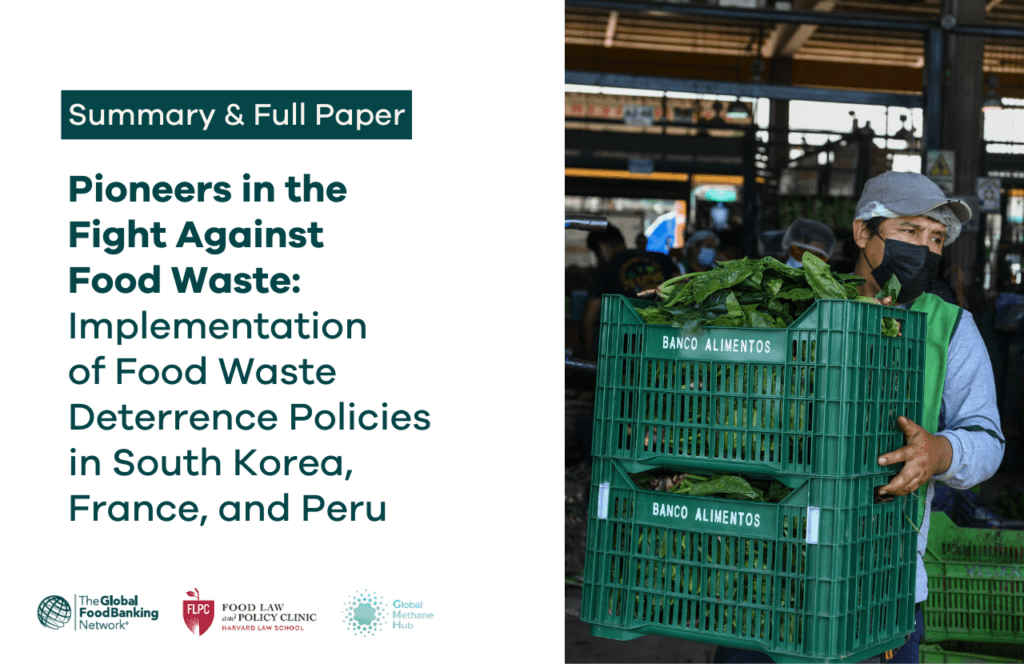
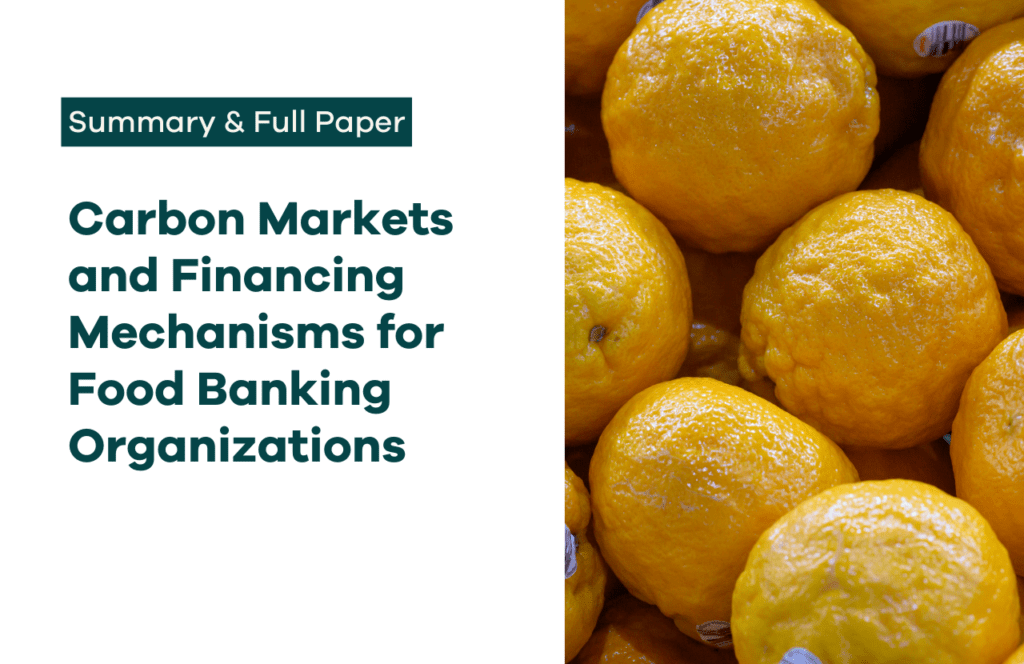
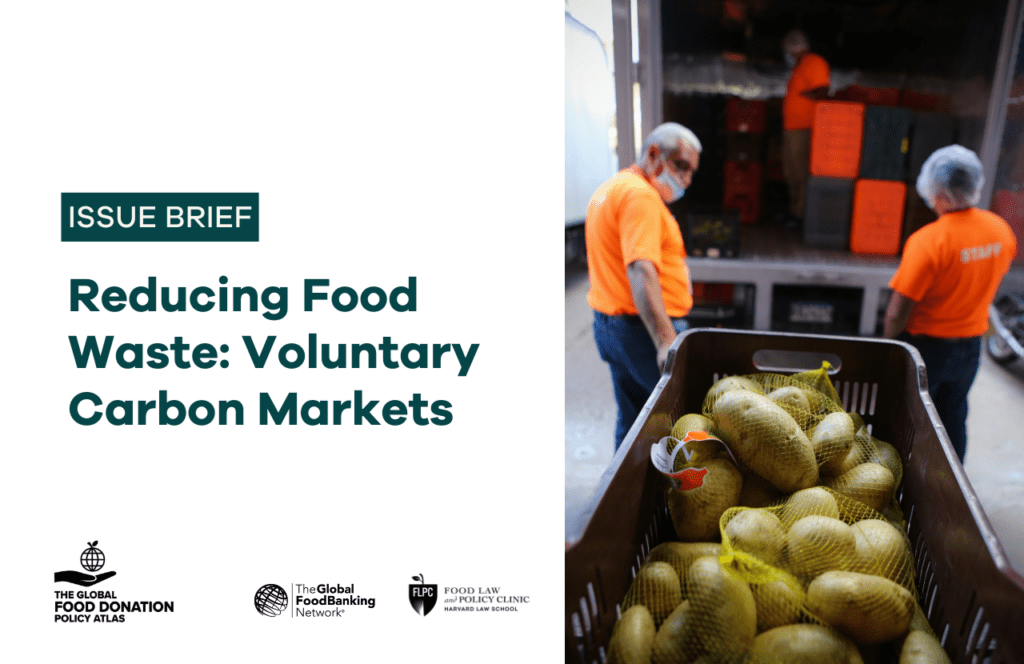
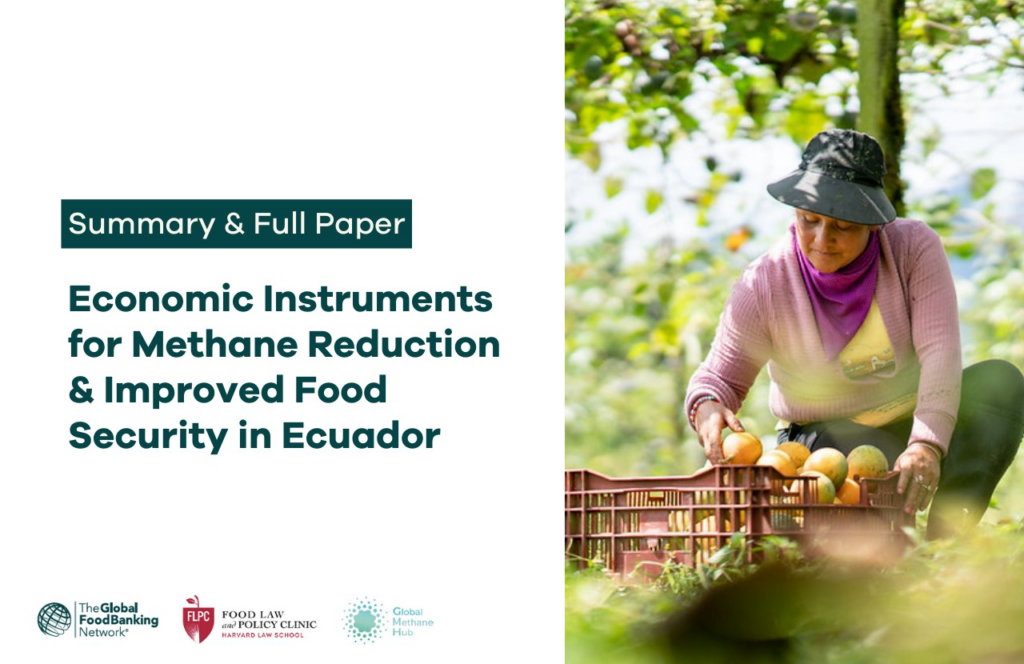
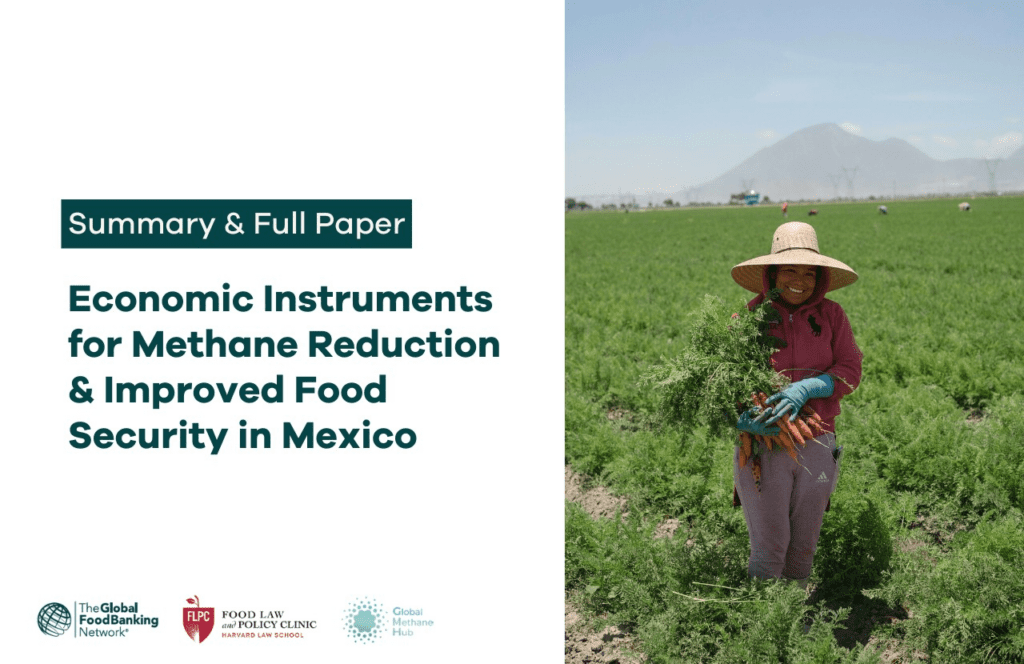
Banco de Alimentos Quito uses the Microsoft Sustainability Manager tool to track various metrics, including the amount of food recovered, energy consumption, and fuel usage. Alicia Guevara, founder and professor at the Escuela Politécnica Nacional, noted that using the software has already resulted in tangible benefits.
“Using Sustainability Manager, we can monitor our operations monthly and make the necessary adjustments to improve efficiency,” Guevara explains. “For example, we discovered inefficiencies in our refrigeration system that were contributing to our carbon footprint. By addressing these issues, we significantly improved our processes.” By offloading manual processes to Sustainability Manager, staff can focus more of their efforts on strategic tasks.
"This robust new tool for measuring the methane emissions avoided through food recovery and redistribution helps bring forward the climate benefits of the noble task of food donations. It will help countries deliver on the UN’s Sustainable Development Goals (SDGs), including commitments made as part of the Global Methane Pledge."
Marcelo Mena, CEO, Global Methane Hub.